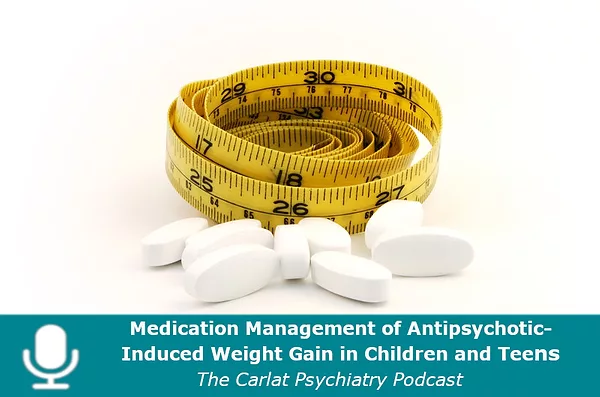QT Intervals in Psychiatric Practice
Paul Barkopoulos, MD. Clinical Assistant Professor, Psychiatry & Biobehavioral Sciences, UCLA David Geffen School of Medicine and Olive View UCLA Medical Center, Los Angeles, CA.
Victoria Hendrick, MD. Editor-in-Chief, The Carlat Hospital Psychiatry Report; Chief, Inpatient Psychiatry, Olive View UCLA Medical Center.
Dr. Barkopoulos and Dr. Hendrick, authors for this educational activity, have no relevant financial relationship(s) with ineligible companies to disclose.

 Sandra Gomez-Luna, MD
Sandra Gomez-Luna, MD

_-The-Breakthrough-Antipsychotic-That-Could-Change-Everything.webp?t=1729528747)



